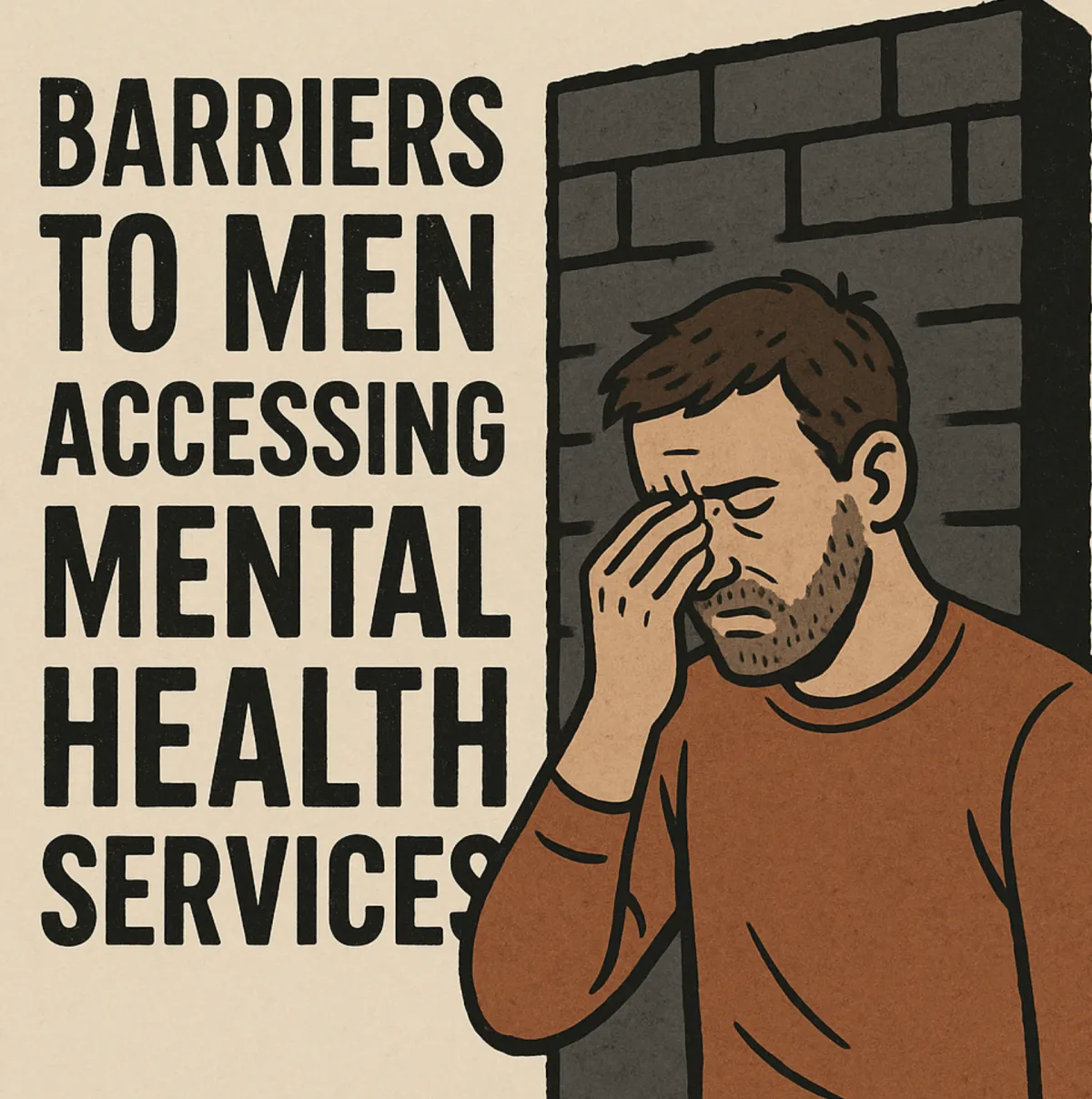
Men Are Struggling. We Need to Stop Blaming Them
Men Are Struggling. We Need to Stop Blaming Them
International Men’s Health Week runs from 9 to 15 June 2025, and it brings to mind one of the biggest issues affecting Australian men: mental health. Because the reality is downright grim.
The leading cause of death for men between the ages of 15 and 44 is suicide. Three-quarters of all people who die by suicide in Australia are men.
That’s horrifying enough—but it’s only part of the story.
Men are more likely to experience incarceration, homelessness, addiction (whether to substances like alcohol or drugs, or behaviours like gambling or porn), social isolation, and to be perpetrators of family and domestic violence.
In short, we’re facing an epidemic of male despair—and it’s hurting everyone.
Blaming Men Won’t Fix the Problem
Men are clearly struggling. And yet time and again, I see men themselves being blamed for not engaging with the support that exists.
You hear it everywhere: Men don’t talk. Men bottle things up. Men won’t ask for help.
That sounds a hell of a lot like victim-blaming to me—and it’s killing men.
Instead of saying men won’t get help because they’re stubborn or proud, we need to ask a better question:
Why isn’t the help that’s available actually working for the men who need it?
This Is a Gendered Issue—So Let’s Treat It Like One
One in five Australians will experience a mental health issue in any given year. But men are only half as likely as women to access mental health services.
That’s what a gendered problem looks like. So let’s treat it that way.
Just like we have different physical health services for men, women, and trans people, we also need mental health services tailored to the specific needs of men—including men who face added barriers because they’re queer, from culturally and linguistically diverse backgrounds, living in rural and remote areas, or are Aboriginal or Torres Strait Islander.
Some Services Are Getting It Right
The good news? Some organisations are doing the work—and doing it well.
Brother to Brother (for Aboriginal and Torres Strait Islander men)
TIACS (supporting tradies)
QLife (for gay, bi, trans, queer, intersex and asexual men)
Some of these services offer direct support. Others help blokes navigate the system, cut through the crap, and find services that actually work for them.
We Have to Meet Men Where They Are
Yes, there are cultural and social barriers that make it harder for men to ask for help. I get it. But blaming men for those barriers does nothing to help.
The answer isn’t telling men to “just get help and talk.” It’s building services that are safe, approachable, and practical—designed with men in mind. It’s about listening to what they need, not just offering more of what hasn’t worked. It's asking men what's stopping them from accessing help when they need it, listening to what they say, and doing something about it.
Only when enough blokes have had positive, respectful experiences with services that work for them will we start to shift the culture. And when that happens, we’ll see fewer men stuck in despair, fewer families grieving a preventable loss, and more men living lives they love.
